3D Research Challenges in Cultural Heritage VI – DigitalTwin versus MemoryTwin
This book presents a collection of papers focusing on 3D digitisation in the domain of cultural heritage. The use of data acquisition technologies in digitising cultural heritage holds great potential for preserving and disseminating the history of mankind. However, to exploit these opportunities in full, comprehensive guidelines for documenting the process of digitisation are required. Only then can the efficiency and credibility of digital representations be assured.
Editors and Affiliations:
Marinos Ioannides, Cyprus University of Technology, Limassol, Cyprus
Eleanor Fink, International Cultural Heritage, Arlington, USA
Janet Anderson, Visiting Professor, ELTE, Budapest, Hungary
Antonella Fresa, Promoter s.r.l., Photoconsortium Association, Peccioli, Italy
Antony Cassar, Heritage Malta, Kalkara, Malta
Sander Münster, Friedrich-Schiller-Universität Jena, Jena, Germany
This open access publication:
- Explores 3D technologies used in the domain of cultural heritage
- Suggests guidelines for paradata documentation
- Compares Digital Twin with Memory Twin frameworks
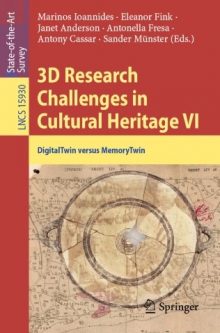 The traditional Digital Twin, which is a virtual replica of a heritage asset is evolving. Through the integration of AI, BigData, and advanced 3D Reconstruction, we’re entering a new ERA: the age of the Memory Twin.
The traditional Digital Twin, which is a virtual replica of a heritage asset is evolving. Through the integration of AI, BigData, and advanced 3D Reconstruction, we’re entering a new ERA: the age of the Memory Twin.
Unlike conventional digital models, the Memory Twin doesn’t just mirror the physical geometrical form of Monuments, Artefacts, or Sites. It remembers – embedding historical narratives, cultural meanings, Intangible knowledge, and Values directly into Smart and Intelligent 3D structures and representations. At its core lies Paradata as it is defined in the EU Study VIGIE 2020/654: the rigorous documentation and certification of every decision and process behind digital reconstruction. This ensures transparency, trust, scientific validity and high Authentic Quality results – the foundation for meaningful AI-driven heritage models. To guarantee quality, authenticity, identity and values, we advocate for a Certificate of Quality for both the input data and the AI-enriched outputs. This helps safeguard the integrity of cultural heritage in its digital form which ensuring it remains authentic, accessible, and IPR-free for future generations.
In the context of the book, among the many contributions from renowned experts, a paper about the research conducted during the EUreka3D project, addressing challenges of quality, infrastructure and competence so relevant in the community of cultural heritage institutions, is authored by Valentina Bachi and Antonella Fresa as EUreka3D project coordinator.
Access the publication on Springer: https://link.springer.com/book/10.1007/978-3-032-05656-6




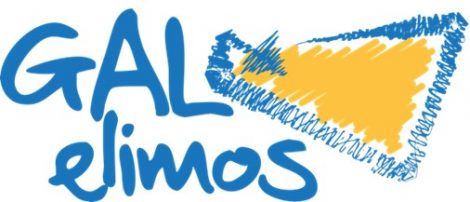
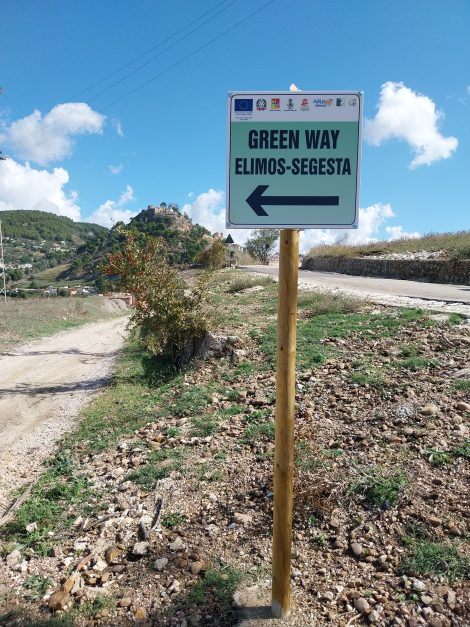
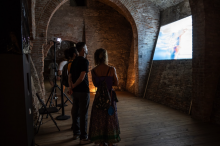
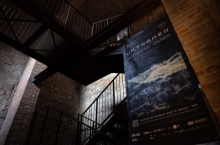
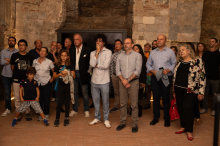
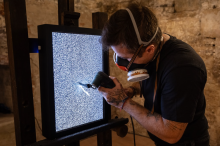
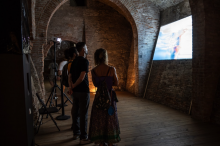
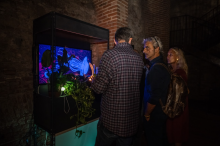
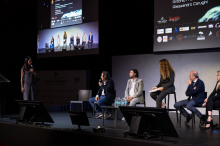
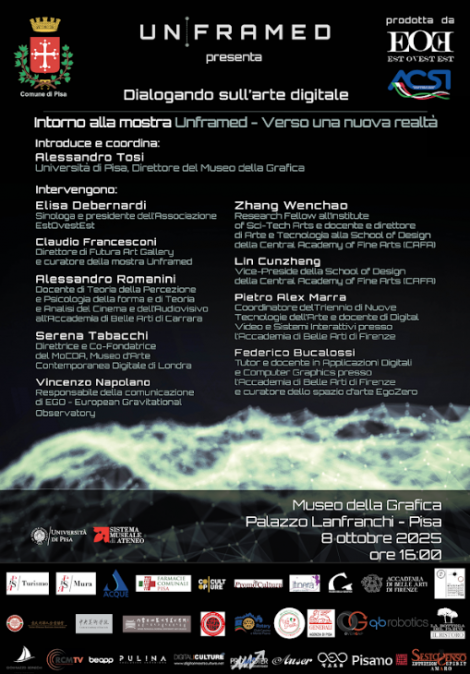
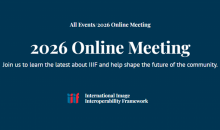
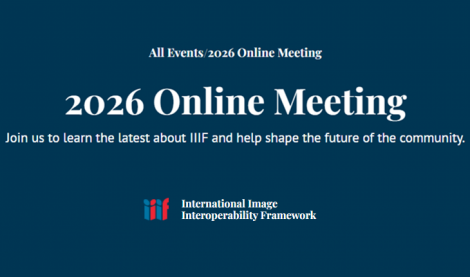
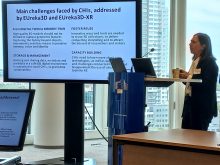
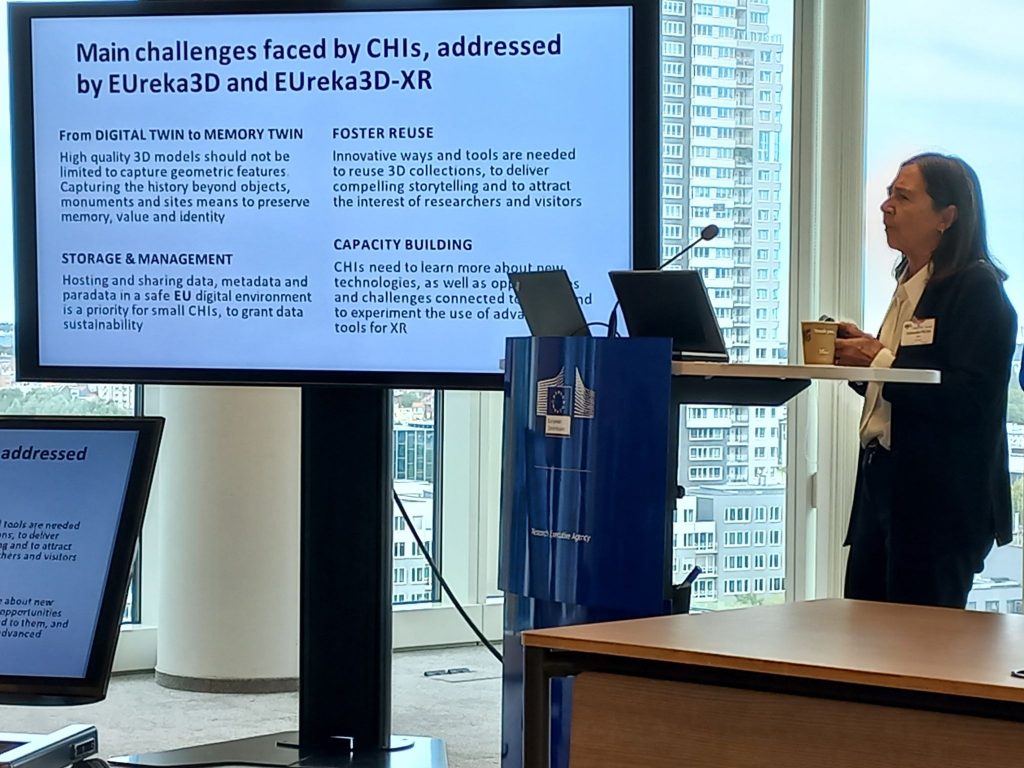






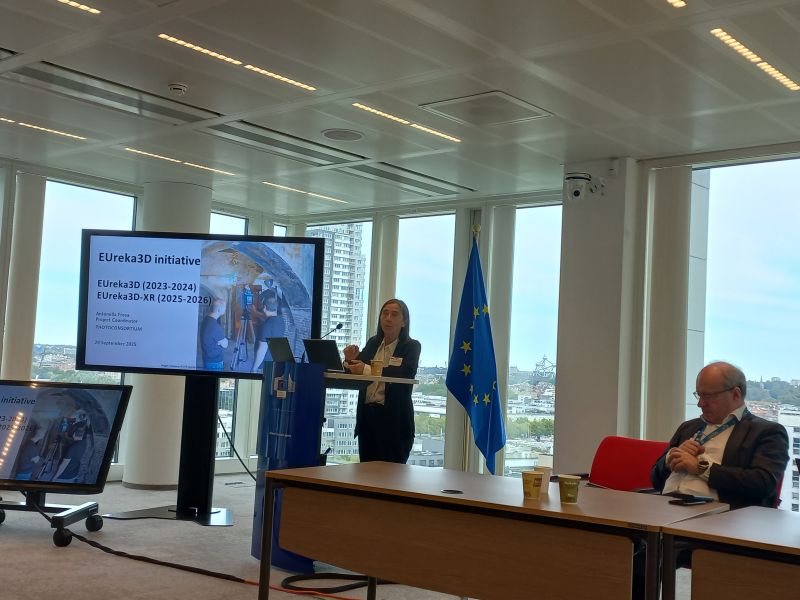
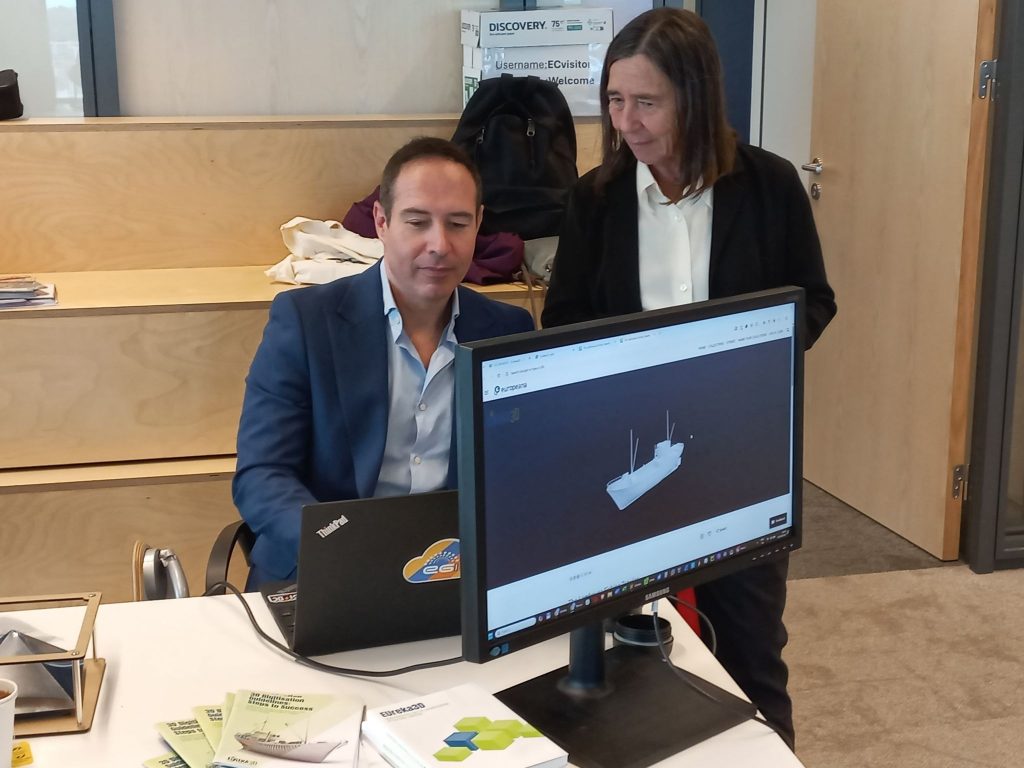



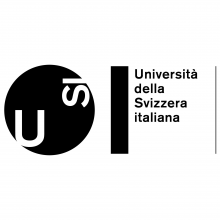
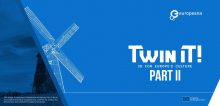
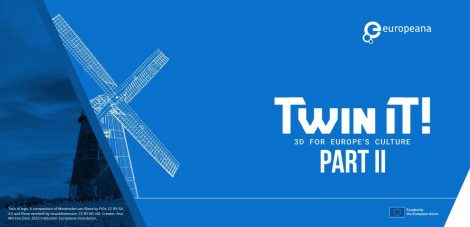








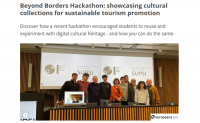

















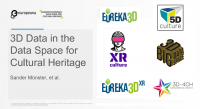
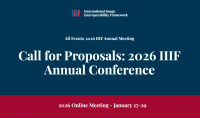
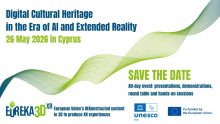





The EUreka3D-XR project seeks to transform digital cultural heritage resources into dynamic digital assets that can support engaging narratives and extended reality (XR) experiences. By doing so, it aims to inspire audiences, deepen connections with shared knowledge, histories, and enhance the valorisation of cultural heritage. In this light, one of the pilots of the project is set in Paphos and led by partner CUT Cyprus University of Technology. The pilot named “The creation of a new life of Saint Neophytos Englystra in Cyprus in the virtual space” is about visiting a monastery in a cave and being able to virtually meet avatars of the monks who lived there, ask them predefined questions and hear their stories, with headset.
The vision of the pilot is to produce a faithful digital representation of the Englystra based on previous and ongoing research to allow the primary stakeholder, the Monastery of Saint Neophytos, to tell the story of the Saint’s life and times through a digital ‘avatar’ of the saint who will appear in 3D and explains his story to the visitor. Two versions of the scenario are envisioned, one a Mixed Reality (MR) version on site and the other a purely virtual experience able to be distributed to schools. Partner MIRALab has already released a first prototype of the avatar, which was recently shown via headset during the capacity building event “Reimagining cultural heritage in 3D and XR” held in Brussels and online on 26/9/2025.
As part of the documentation of the cultural heritage site the pilot is set in, the CUT team in collaboration with the Saint Neophytos Monastery carried out an audiovisual documentation of the liturgy held on the Saint’s feast day. This unique liturgy was recorded for the very first time and its celebrated only twice a year: on 28 September, commemorating the discovery of the saint’s relics in the Englystra, and on 24 January. This recording will form an integral part of the holistic documentation of the monastery, enriching the preservation of its intangible cultural heritage. Selected excerpts will also be incorporated into the XR experience of the Englystra, currently under development within the EUreka3D-XR project.
Read more about the Pilot on project website: www.eureka3d-xr.eu